Move Over Elon, This Was the Richest Man in History
Billionaires have been all over the news lately, from Elon Musk’s takeover of Twitter to Jeff Bezos’ layoffs at Amazon. But did you know that the richest man ever in history wasn’t a tech founder or an investing tycoon?
He was a Black African man, in a kingdom you may never have heard of, and he was richer than Elon Musk and Jeff Bezos combined. This is the story of Mansa Musa.
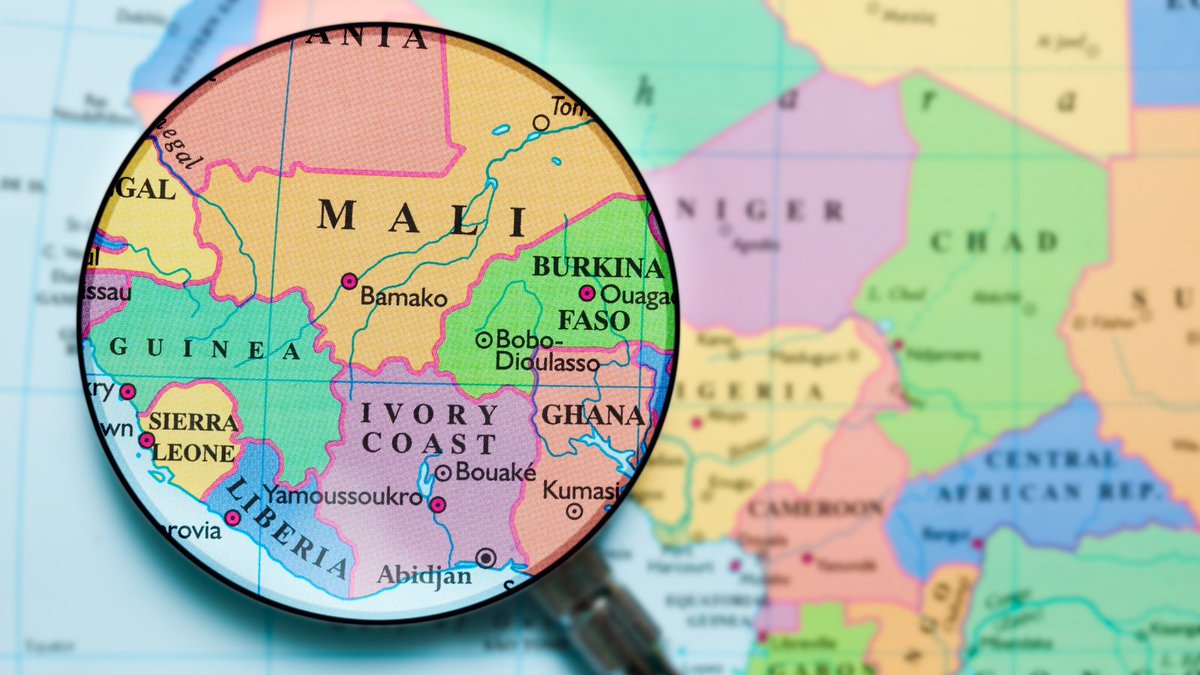
You didn’t learn this in history class, but back in the 14th century, West Africa was an economic powerhouse. Unlike today, where it’s split into several states, in those days West Africa was dominated by a single nation: The Kingdom of Mali.
It stretched across modern day Nigeria, Chad, Senegal, Ghana, and several other territories. One of the things that made Mali so strong was that it sat at the convergence of multiple trade routes, bringing traffic and wealth into the empire on a regular basis.
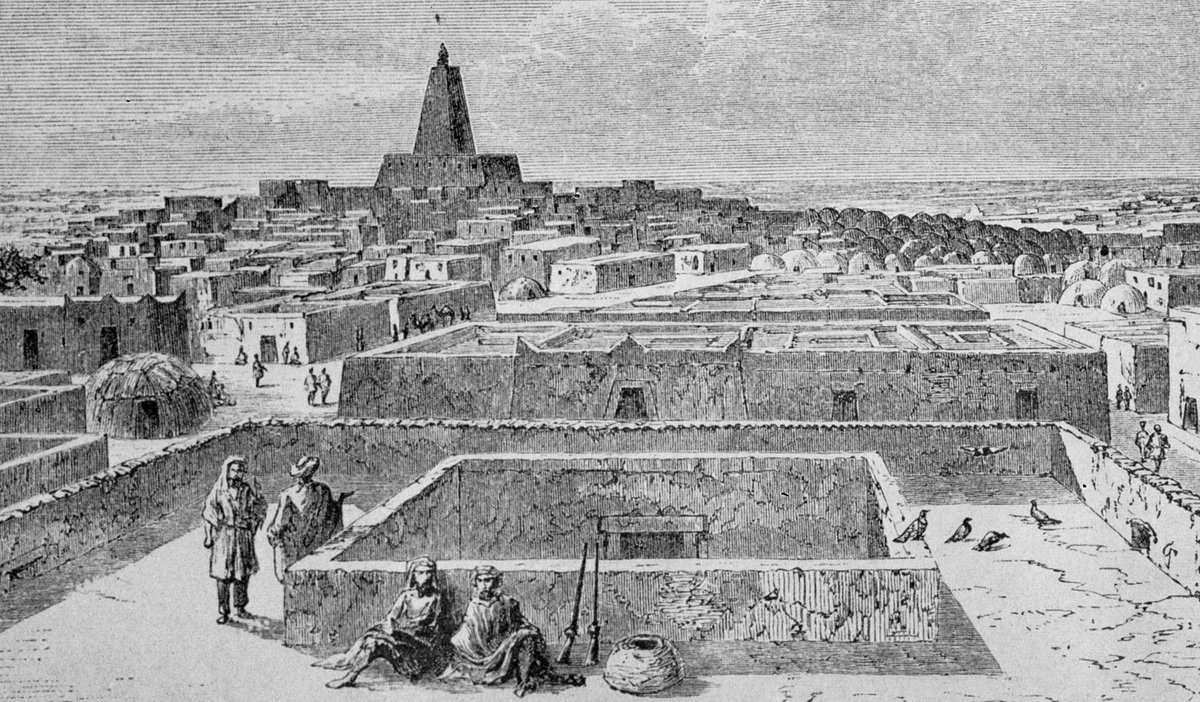
As a result, the capital city, Timbuktu, was one of the most advanced cities in the world. It was a centre of music, astronomy, medicine, mathematics, and law, with 25,000 university students and libraries unlike the world had ever seen. So where did its wealth come from?

Mining. The empire was blessed with two highly sought after minerals: Salt and Gold. Gold has been highly valued since, well, forever, but did you know that salt, the the same mineral you have on your dinner table was once a prized commodity around the world? Traders would come from Europe, Africa, and Asia and pay big money for it. And how did they pay for it?
With more gold. At one point, the Kingdom was so wealthy that it reportedly controlled 80 percent of the world’s gold trade. In the 14th century, Mansa Musa became ruler of Mali. How he came to power is a crazy story in itself!
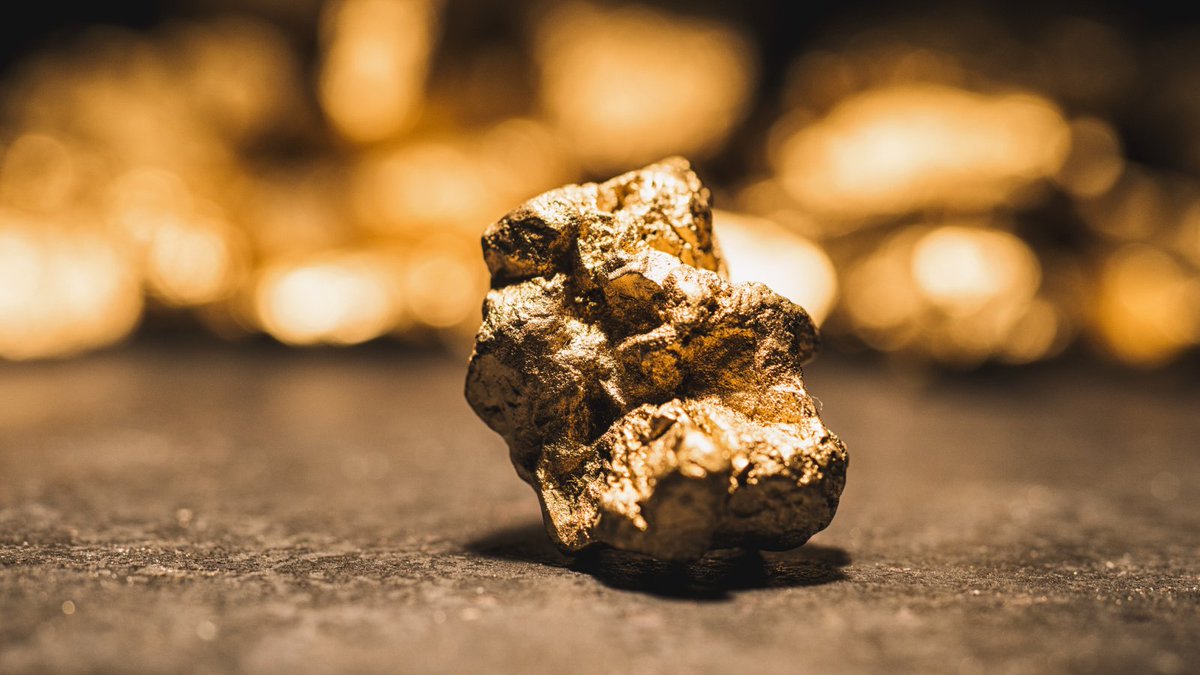
The previous emperor, Abu Bakr II, was convinced there was land at the other side of the Atlantic, so he prepared 200 ships with enough supplies to last for years, then ordered them to sail west. Only one of them returned, and gave a shocking report. They reported that all the other ships had drowned in a giant whirlpool (a modern day hurricane, perhaps?).
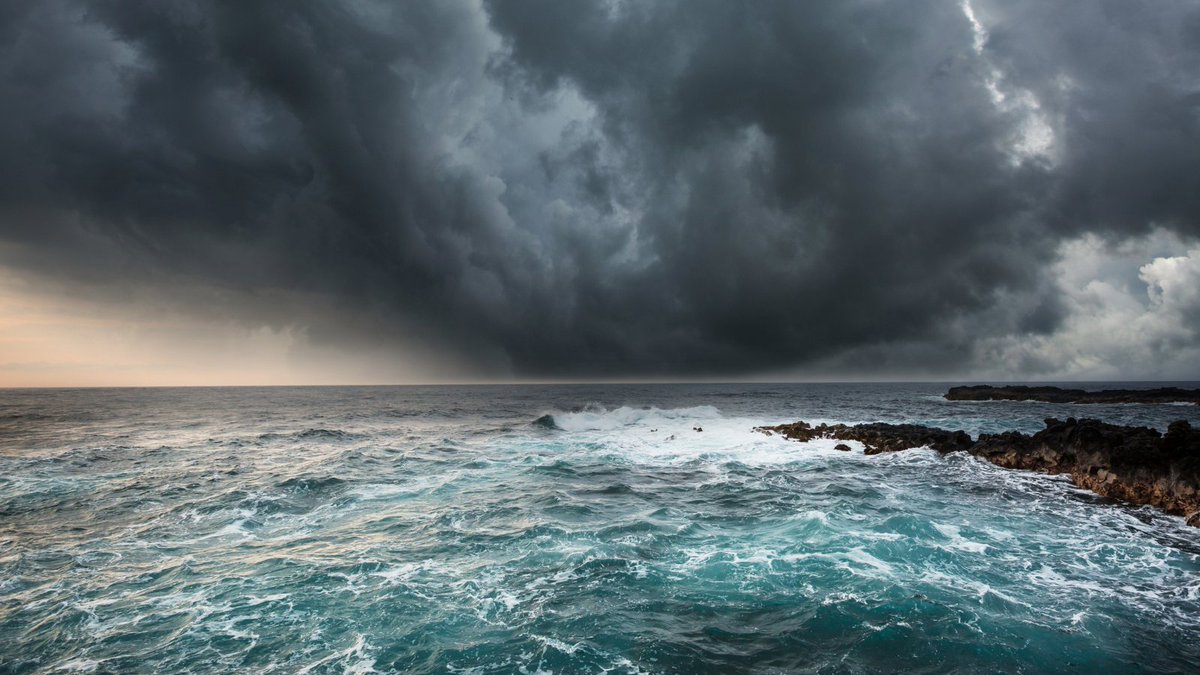
The ruler wasn’t satisfied, so he prepared 2,000 new ships. Half were for people, and half carried food and gold. The emperor got on board, sailed off and nobody ever heard from them again.
And just like that, Mansa Musa inherited the world’s richest kingdom, from a ruler who believed that the world was round and sailed away, never to return. And what did Mansa Musa do as the world’s richest man? Unlike today’s billionaires, Mansa Musa gave it freely.
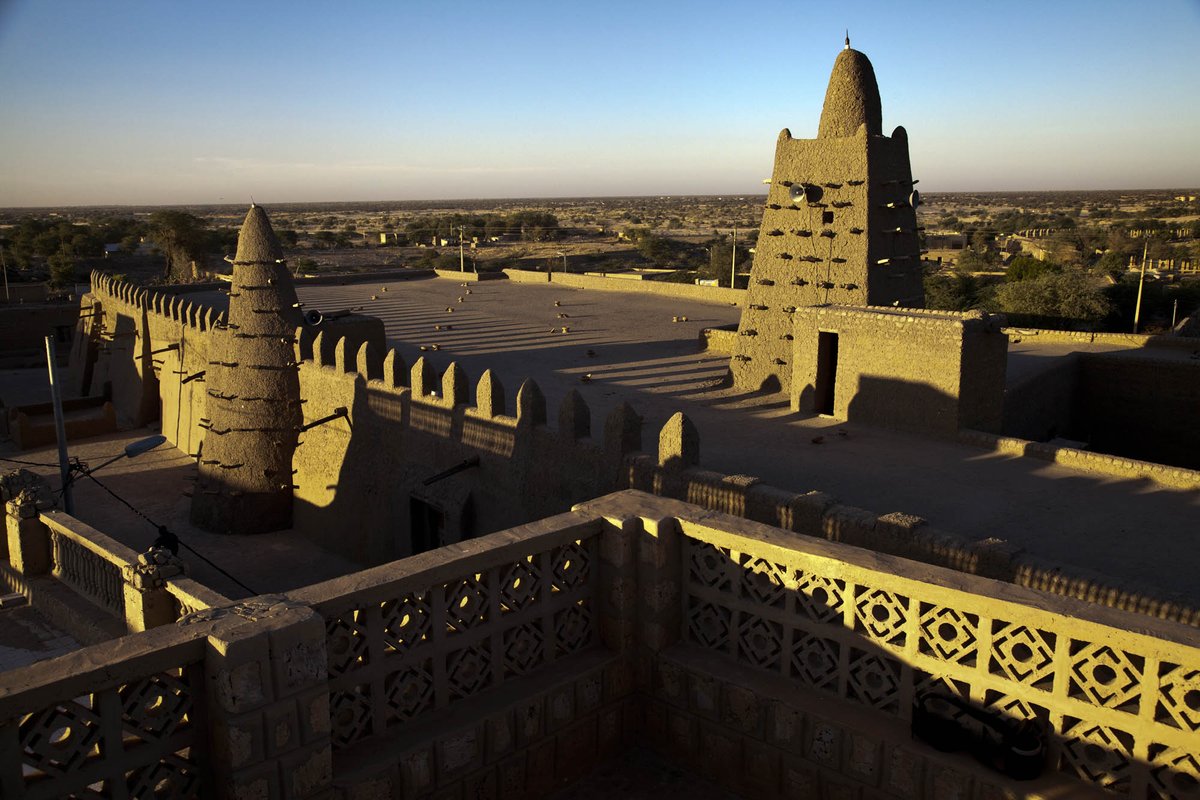
He built mosques, community centers, and standardized trade routes. He consolidated power and brought in artists, builders, and architects to help build his empire. He also led the most lavish trip ever to Mecca in history. How lavish was it?
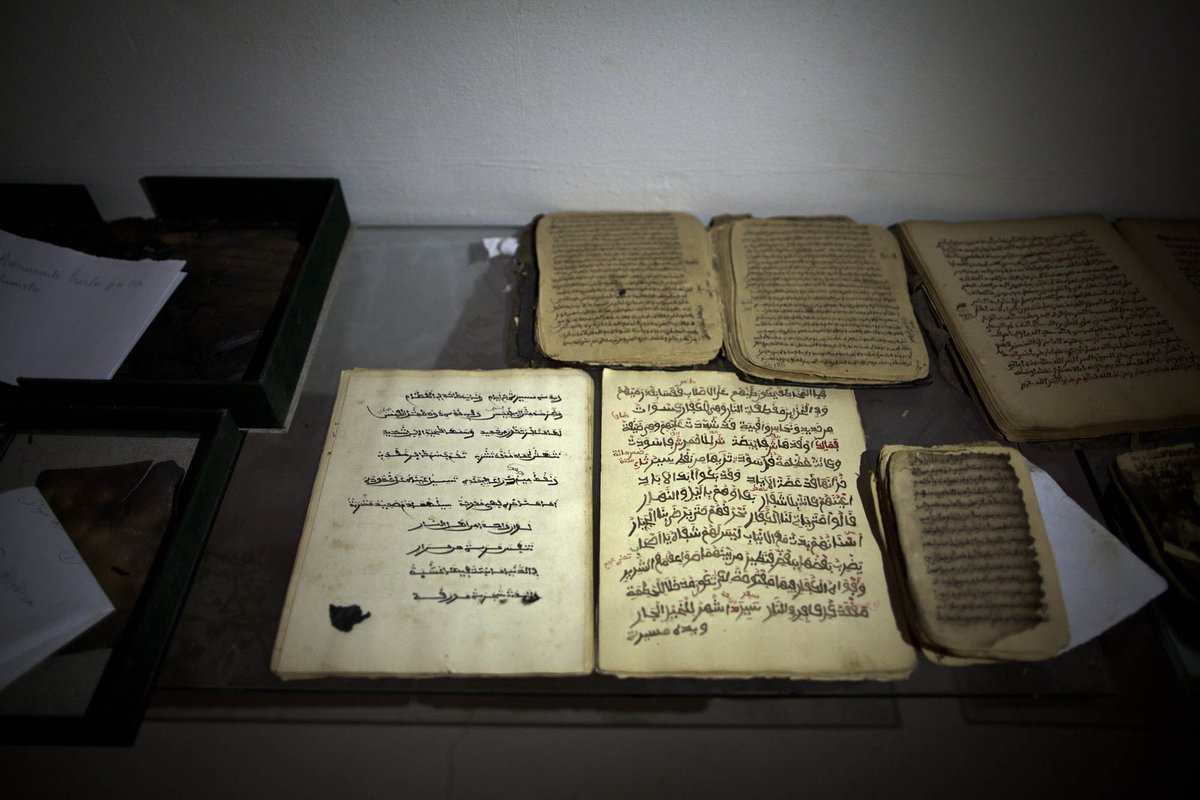
His caravan had 60,000 men, including a personal detail of 12,000 bodyguards and slaves wearing Persian silk. His inner circle of 500 men all carried golden staffs, and he traveled with a train of 80 camels, each carrying 300 pieces of gold. This map shows the journey they took. At every city, they stopped to give away gold.
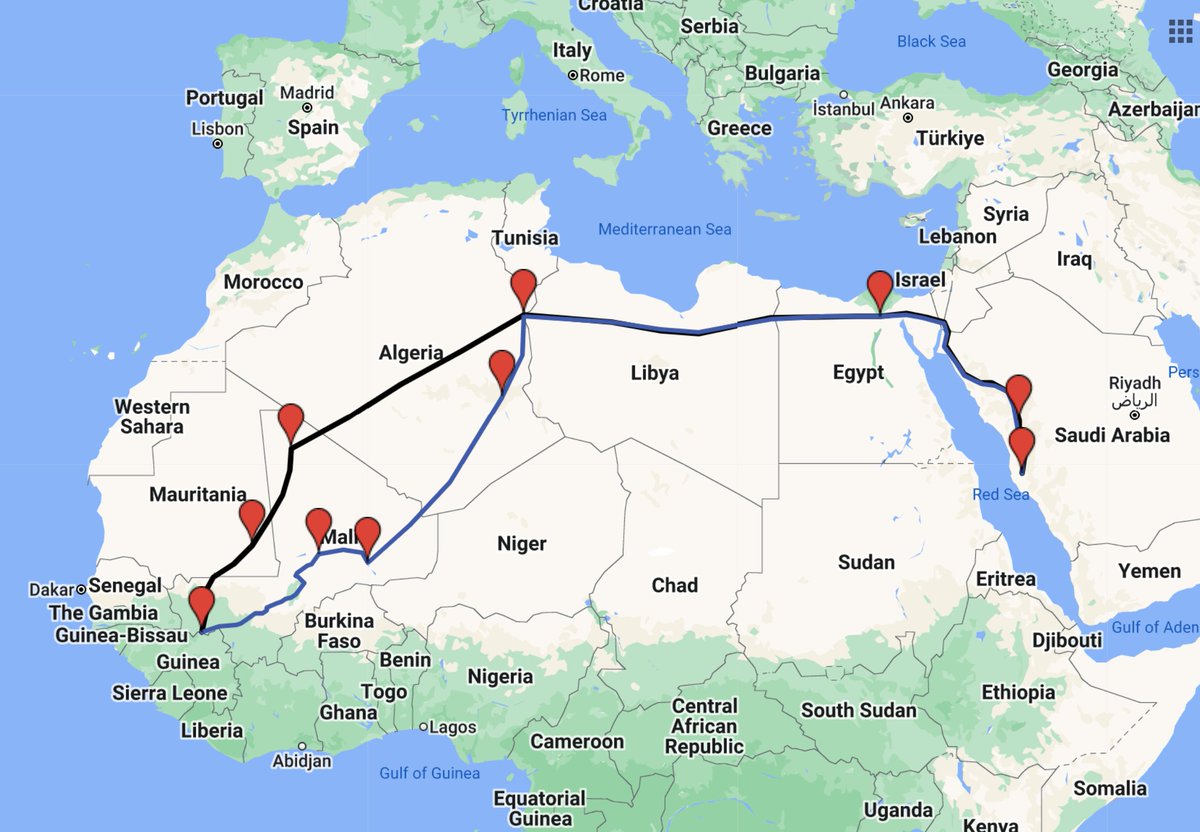
In Cairo, he reportedly gave away so much money that he single-handedly devalued the price of gold for the next 12 years. How did he do that? By giving away so much that it stopped being so rare in the city. It wasn’t in demand because so much of it was already in circulation.
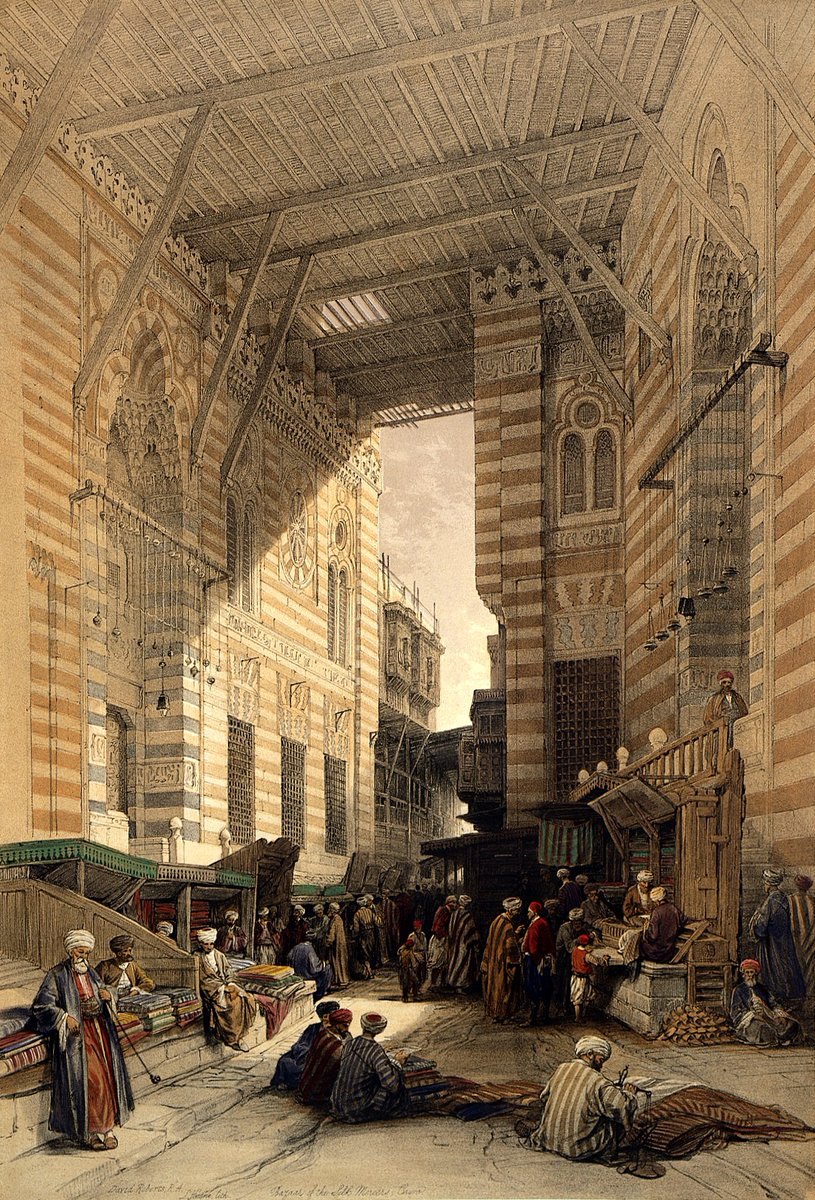
By the time he died in 1337, he was so famous that his name was known in Europe. European traders and explorers spread rumors of a city in Africa “made of gold” with a generous emperor. This Spanish Atlas even pictured him wearing a gold crown, with a gold scepter, and holding a golden nugget.Historians say his net worth today would be $400B – that’s more than twice Jeff Bezos and Elon Musk.
If you're an educator and want more stories like this, please sign up to Goodable in the Classroom. We share stories like Mansa Musa's because we think the world needs more of them. Just use the link below for your exclusive access here.
.png)
